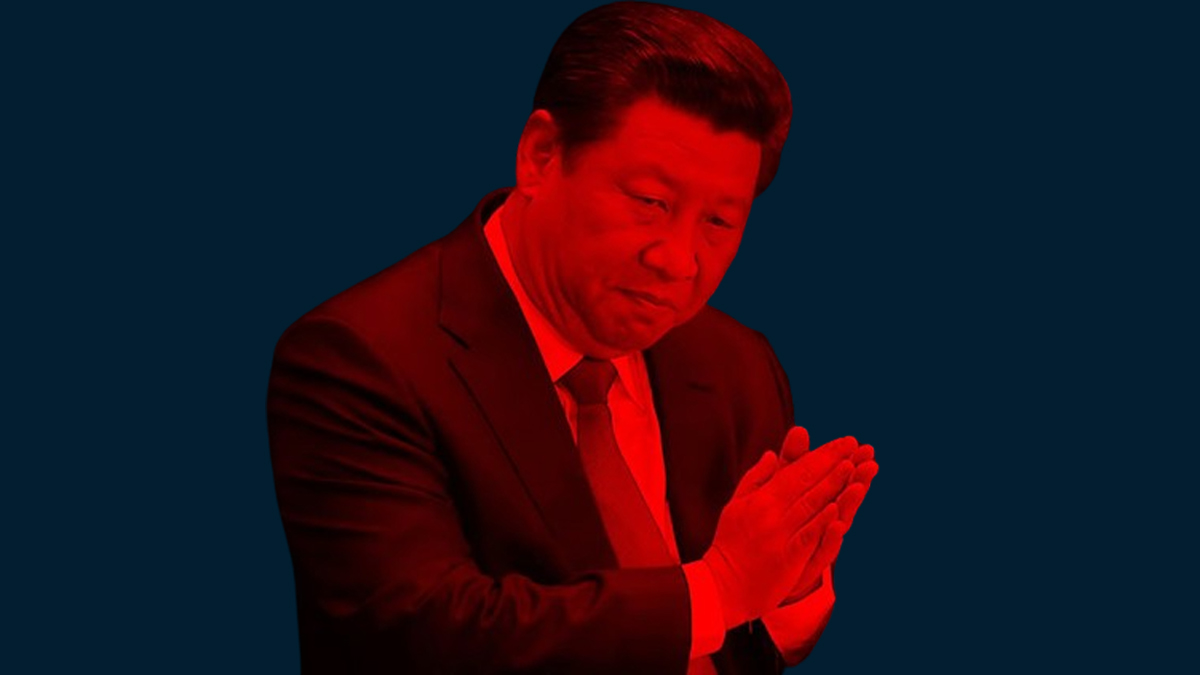
Chinese Students Abroad Facing Beijing’s Repression: Report

Chinese students studying in Europe and the US are being subjected to harassment and intimidation by Beijing authorities, leading to self-censorship and anxiety, a report by Amnesty International has found.
The human rights advocacy group said its findings, based on student testimonies, raised serious questions for university leaders and governments about how to protect Chinese students from what it termed “transnational repression”.
The students, including some interviewed separately by the Financial Times, said harassment included photographing them attending protests, tracking their activities on social media and pressuring family members in China to urge them to conform.
The report adds to calls from other advocacy groups including Human Rights Watch and Freedom House for more action to protect overseas students from pressure from authoritarian home governments.
Sarah Brooks, Amnesty International’s China director, said interference from Beijing left many students from China and Hong Kong “living in fear” while studying in Europe and the US.
“The impact of China’s transnational repression poses a serious threat to the free exchange of ideas that is at the heart of academic freedom, and governments and universities must do more to counter it,” she added.
The Chinese government said it “firmly opposed” the findings of the report, saying it was “full of subjective assumptions and misinformation”.
“The government requires Chinese students to abide by local laws and regulations, encourages them to play a positive role as bridge builders, and works to create conditions for their study and life abroad,” the Chinese embassy in London said in a statement.
An estimated 900,000 Chinese students are studying abroad. Amnesty interviewed 32 students from mainland China, Hong Kong and Macau between October and December in Belgium, France, Germany, the Netherlands, Switzerland, the UK and the US.
A Chinese student who participated in protests against anti-Covid controls while in China told the FT that police from his hometown had contacted him after he arrived to study in the US and warned him to be careful.
He added that he now avoided other Chinese students for fear of being reported on. “I don’t talk to Chinese students. I like to talk about Chinese politics and who knows if they will report me if I say something that crosses a red line. I am very critical of China in front of non-Chinese students since there is little risk in doing so,” he said.
A student from Hong Kong studying in Amsterdam said a national security law imposed on the Chinese territory in 2020 had a chilling effect even overseas.
The student told the FT her phone had been spammed with messages and calls from unknown numbers after she helped organise a demonstration in the Netherlands in support of LGBT+ rights in China. “Chinese people took photos of us during the demonstration with professional cameras. I tried to stop them,” she said.
The Amnesty report raised questions about the efficacy of measures by European and US universities to protect Chinese students, such as not recording lectures in order to encourage free speech.
“[While] some institutions have recognised and taken actions that might respond to the concerns of these students, many of those actions appear to be failing to achieve their intended effect,” it said.
Wang Wenbin, a spokesperson for China’s foreign affairs ministry, said on Monday in reference to the report that “the related remarks . . . are purely malicious slander . . . Most Chinese citizens living overseas are proud and prideful about the development and growth of their motherland.”
The Presidents’ Alliance on Higher Education and Immigration, a group of US college and university leaders, said it was exploring the development of new guidance on transnational repression. “This is an emerging phenomenon that colleges and universities have not yet fully recognised and addressed,” said alliance executive director Miriam Feldblum.
In the UK, hawks in the ruling Conservative party have called for tougher government action to protect Chinese dissidents on campuses.
The Russell Group, which represents 24 leading UK universities, said it took upholding free speech and academic freedom “incredibly seriously” and had policies in place to ensure students could study without fear.
The UK government said it would work with universities to protect students, including providing police with necessary powers.
“We will not tolerate any attempt by any foreign power to intimidate, harass or harm individuals or communities in the UK — including students who have travelled from China and Hong Kong to study here,” it said.














Comments